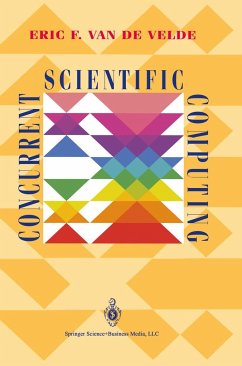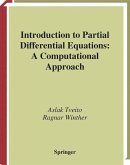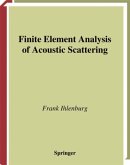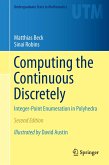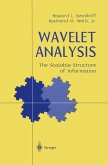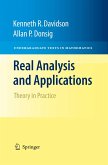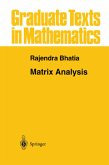Mathematics is playing an ever more important role in the physical and biological sciences, provoking a blurring of boundaries between scientific dis ciplines and a resurgence of interest in the modern as well as the classical techniques of applied mathematics. This renewal of interest, both in research and teaching, has led to the establishment of the series: Texts in Applied Mathe matics (TAM). The development of new courses is a natural consequence of a high level of excitement on the research frontier as newer techniques, such as numerical and symbolic computer systems, dynamical systems, and chaos, mix with and reinforce the traditional methods of applied mathematics. Thus, the purpose of this textbook series is to meet the current and future needs of these advances and encourage the teaching of new courses. TAM will publish textbooks suitable for use in advanced undergraduate and beginning graduate courses, and will complement the Applied Mathematical Sciences (AMS) series,which will focus on advanced textbooks and research level monographs. Preface A successful concurrent numerical simulation requires physics and math ematics to develop and analyze the model, numerical analysis to develop solution methods, and computer science to develop a concurrent implemen tation. No single course can or should cover all these disciplines. Instead, this course on concurrent scientific computing focuses on a topic that is not covered or is insufficiently covered by other disciplines: the algorith mic structure of numerical methods.
Bitte wählen Sie Ihr Anliegen aus.
Rechnungen
Retourenschein anfordern
Bestellstatus
Storno

